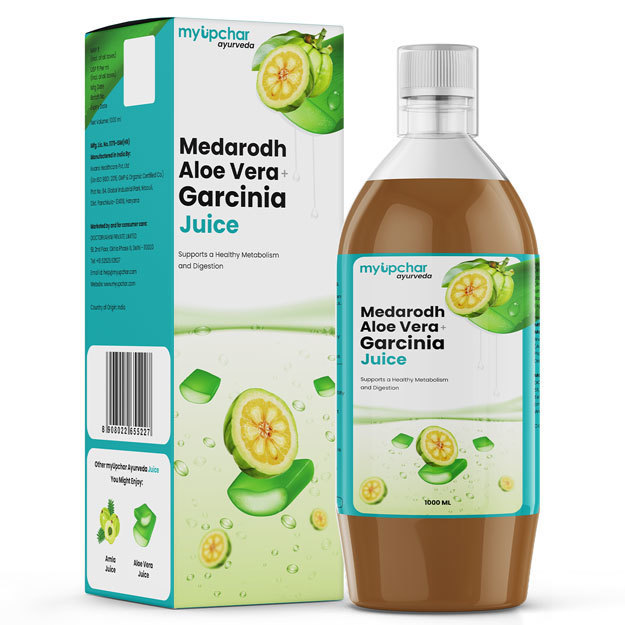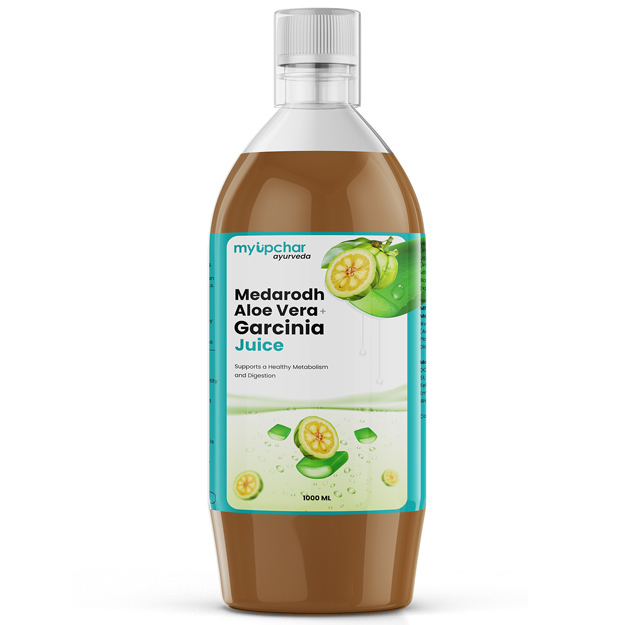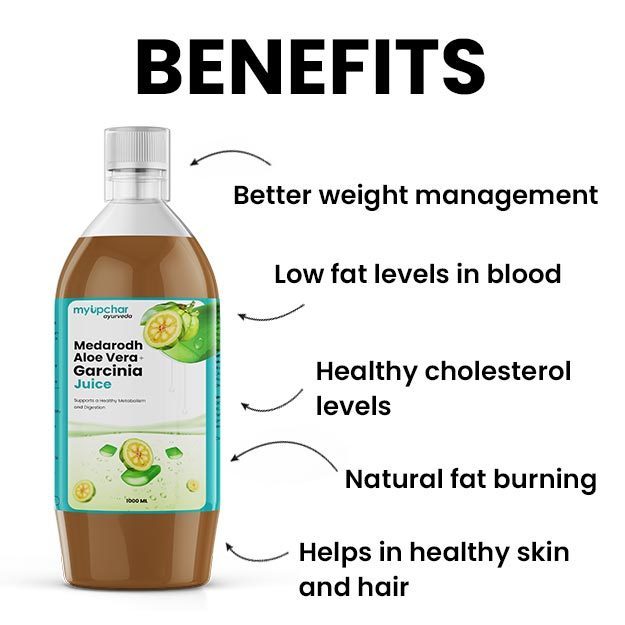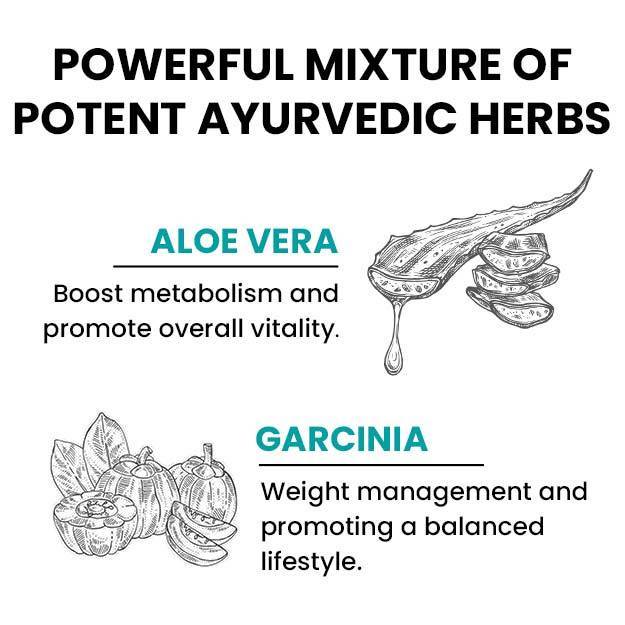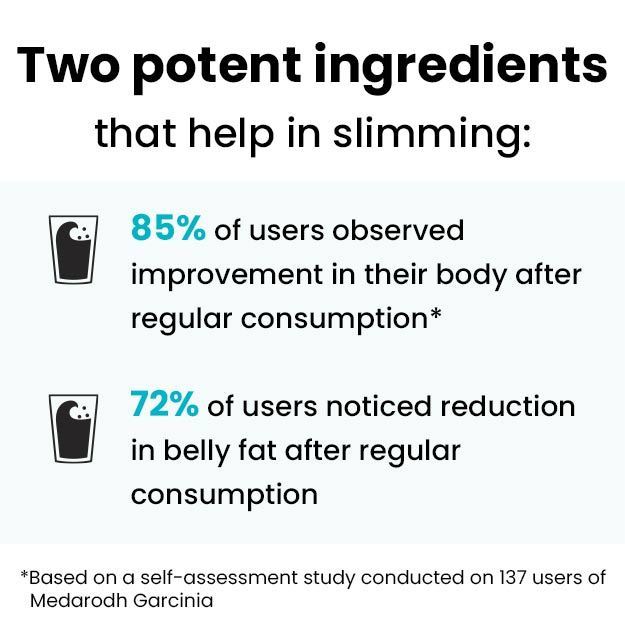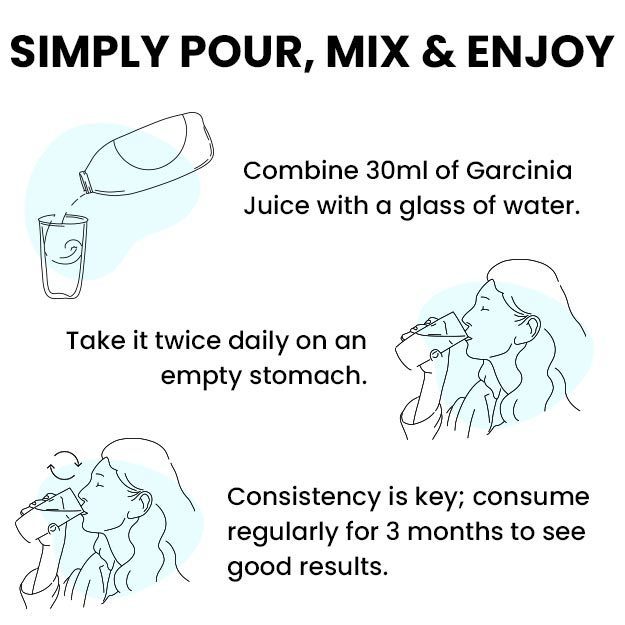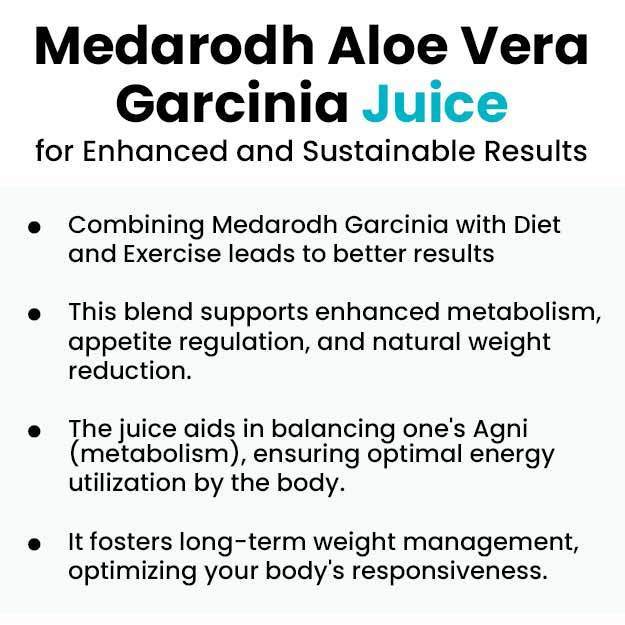Our bodies are 60 to 70 percent water. Why do you still need to drink water each day?
This is because you are constantly losing water through sweat, urine and other wastes. And you are also utilising it in everyday activities and functions. Being so essential for the body, water is often termed the ‘elixir of life'. It is impossible to live without this wonder liquid. Adequate hydration is essential for survival and for your body to be functioning properly.
But, how much water do you actually need to drink during a day? Read on to find out.
- How many litres of water in a day
- How much water to drink according to body weight
- When to drink water
- How to meet the standard goal of 8 glasses of water each day
- Why have enough water: benefits of drinking water
How many litres of water in a day
There is not one particular answer to this. It depends on your levels of physical activity, the environment you work in and the weather conditions, other than your age, gender and body constitution.
Experts, however, recommend having at least 8 to 10 eight ounce glasses of water each day. This can be remembered as the 8*8 rule. In litres, this converts to around 2, which is the bare minimum you should have.
It is better recommended for men to have 3 litres of water each day and for women to have 2.2.
But, this does not mean that you completely rely on these and not trust your body calls. Our bodies have an inherent mechanism of thirst, which is there to guide us on the amount of water we should drink.
However, another school of thought is, the thirst kicks in pretty late and you must have water much before you get thirsty. For these reasons, health specialists recommend sipping some amount of water throughout the day repeatedly.
Other than this, your body needs more water during hot climates or if you perform intense workouts.
How much water to drink according to body weight
One important determinant of water consumption happens to be your body weight. Individuals with higher body weight need more fluids to maintain normal functioning. Having more water is further recommended for them to help in weight loss. Here is a guideline that will help you calculate the amount of water you need as per your weight:
- Measure your weight in kilograms
- Now, divide your weight with the figure 30, to obtain your daily water consumption. This means that if you weigh 60 kilograms, you need at least 2 litres of water and if you weight 90, you need 3 litres each day for proper body functioning.
When to drink water
Now, you do understand that water is a miracle potion and you cannot do away without having sufficient amounts each day. This may get you wondering when to have water? Other than the basic answer being whenever you feel thirsty, this section will guide you on some.
A glass or two of water right after you wake up
After a prolonged sleep of 7 to 9 hours, your bodies are often in a state of dehydration whether you feel so or not. So, it is important to have sufficient water as soon as you get up. This helps in avoiding dehydration and headache during the entire day. It also provides you with the energy to keep going through the day.
But, what is the right temperature to have water in the morning?
Usually, warm water is recommended in the morning for those seeking weight loss, but, having water at a normal or cold temperature will hydrate you equally. In fact, cold water has its own benefits. It makes you feel more refreshed and energised. Also, if you suffer from dehydration, researchers recommended having cold water at 16 ํC to maintain optimal levels of hydration. Some studies have also suggested that even cold water aids in weight loss because your body utilises some extra calories to bring it to the normal temperature. This may also help in improving your metabolism.
(Read more: Benefits of drinking water in the morning)
myUpchar Ayurveda Medarodh Fat Burner Capsule Boosts Metabolism and Digestion Burns extra fat, has no side effects, order now
Have water before meals
During the day, the right time to have water is before your meals and not after. When consumed before meals, water promotes satiety during meals allowing you to eat lesser. This gives you a significant weight loss benefit, which has also been supported by several types of research. This is enabled due to the better oxidation of fat molecules facilitating a reduction in BMI (body mass index) and body weight. Drinking water along with your meals has similar benefits.
(Read more: How drinking water helps in weight loss)
Drinking water after a meal is, though, not the best practice even if you are not looking for weight loss. It has been suggested that this slows down the process of digestion but the evidence is limited. Usually, it is recommended to not have water after until 30 minutes of a meal.
(Read more: How to improve digestion)
Drink water before exercising
It is the best practice to have a glass of water before beginning any physical activity to maintain hydration throughout. This will enhance your performance by preventing muscle fatigue. It will further aid in better muscle recovery after the workout. To achieve this, it is also important to have water while you are exercising. If you are participating in a run, it is the best to not avoid water stops in between. You may even need to have water after working out to replenish the body stores. Other than this, if you are exercising for prolonged hours, energy drinks are recommended to replenish lost fluids and electrolytes.
But, how much water should you drink while working out?
You certainly require an additional amount of water if you perform intense physical activities because you are losing a large portion of the water through sweat. Since there is no one answer that suits all due to differences in exercise regimens, we have a formula that will help you calculate the specific amount of water needed during your training sessions.
For every half an hour of exercise, you require an additional 0.35 litres of water. This means that if you exercise for half an hour, you need 0.35 extra litres. You need 0.7 litres more if you exercise for an hour and so on and so forth. This must be in addition to the amount calculated on the basis of your weight.
How to meet the standard goal of 8 glasses of water each day
If you are not habitual to drinking water or you generally do not feel quite thirsty, it is very likely that you will forget to drink enough water. To avoid this, you can form a water drinking schedule dividing your water consumption throughout the day. Following is an ideal schedule. You may, however, note that your water requirements and timings vary as per your body needs and daily routines.
First glass of water at 7.00 am
Drink the first glass of water as soon as you wake up to reverse the state of dehydration before having your breakfast. At this time, you may opt for warm water for its additional benefits. You can also add a wedge of lemon, a dash of cinnamon or some honey to enhance the taste of water and improve its palatability if you do not like the taste of water right in the morning.
(Read more: Honey and warm water benefits)
Second glass at 9.00 am
Have a glass of water an hour after your breakfast, maintaining an adequate time lag from the meal.
Third glass at 12.30 pm
Have a huge glass of water just half an hour before your lunch. This will improve satiety and will prevent obesity as suggested by various researchers. You can also have some water along with your food if you feel thirsty during the meal.
Fourth glass of water at 2.00 pm
Keeping an hour of distance from your lunch, a glass of water in the middle of your day keeps you going. This will also allow the absorption of water-soluble nutrients from your diet.
Fifth glass at 4.00 pm
Instead of the usual tea, you may opt for healthier sources like green tea or ginger tea, which can be added to water. Even if you have your usual tea, that is okay, all the liquids you have counted in your daily water intake.
Sixth glass at 6.00 pm
Having a glass of water an hour before dinner caters to better satiety and helps in avoiding overeating. An overindulgent dinner is the most likely contributor to weight gain in comparison to other meals.
Seventh glass of water at 8.00 pm
Drink a glass full of water an hour after dinner for similar reasons as the post-lunch glass of water.
Eighth and the final glass at 10.00 pm
Gulp down a glass of water before bedtime to avoid nocturnal dehydration, to help calm your mind off the day’s stress and to sleep better.
If you do not like the taste of normal water, you can opt for making detox water by adding lime wedges, slices of cucumber or even fruits like apple, strawberry or a dash of spices like ginger and cinnamon. This will help break the monotony of your water routine and has the added benefit of detoxification.
(Read more: Detox diet benefits)
Another way of increasing water consumption is by keeping a huge bottle of water near you at all times and sipping it occasionally throughout.
If you are still not able to include water in your routine, you must include some water-rich foods in your diet, like, watermelon, melons, orange, tomatoes, raspberry, pineapple, etc.
Why have enough water: benefits of drinking water
If you are still wondering why should you have those glasses, this section has some scientific evidence to offer on the benefits of drinking the right amount of water each day.
Water is essential for body functions
Water is a vital element to every cell and it helps in the transport and absorption of nutrients. It regulates several body functions like respiration and excretion and helps in the synthesis of saliva and other body fluids like the cerebrospinal fluid. These are essential for digestion and brain function respectively.
Water boosts your energy levels
Several clinical studies have supported this fact by stating that having 2 litres of water would augment your energy levels by up to 400 joules. So, it is important to have more water especially if you workout often or are aiming for weight loss and calorie reduction. Moreover, water helps in improving your physical performance due to the abolishment of fatigue.
Water enhances brain function and uplifts your mood
Dehydration has been associated with diminished cognition, as per a recent study. So, having enough water has a reverse role. Moreover, drinking water helps in achieving a better concentration, which will improve your academic or work performance. Some recent studies have also demonstrated that increasing water intake helps in improving mood.
(Read more: How to increase brain function)
Water aids better digestion
Water helps in the synthesis of enzymes involved in the process of digestion and has other indirect and direct effects on the entire process of digestion. It is also the most common remedy for conditions like constipation and heartburn.
(Read more: Indigestion treatment)
Water detoxifies your body
Since water regulates the elimination of toxic waste products from your body, it immensely helps in detoxification.
Water is good for your skin
Having sufficient water helps in enhancing the hydration of your skin and improving skin physiology. This helps in keeping your skin softer and smoother and keeps wrinkles and other signs of ageing at bay.
Water relieves pain
Water helps in relieving dehydration-induced headaches, and also helps in avoiding pain in the joints by aiding in their adequate lubrication.
These are few of the many uses of the wonder liquid, water.
Find Ayurvedic Doctor in cities
Doctors for How much water should we drink in a day, when and why

Dr. Ayush Bansal
Ayurveda
2 Years of Experience

Dr. Megha Sugandh
Ayurveda
6 Years of Experience

Dr. Nadeem
Ayurveda
3 Years of Experience

Dr.Ashok Pipaliya
Ayurveda
12 Years of Experience
References
- Abdollah Hosseinlou et al. The effect of water temperature and voluntary drinking on the post rehydration sweating Int J Clin Exp Med. 2013; 6(8): 683–687. PMID: 24040477
- Jodi J. D. Stookey. Negative, Null and Beneficial Effects of Drinking Water on Energy Intake, Energy Expenditure, Fat Oxidation and Weight Change in Randomized Trials: A Qualitative Review . Nutrients. 2016 Jan; 8(1): 19. PMID: 26729162
- Vinu A. Vij, Anjali S. Joshi. Effect of ‘Water Induced Thermogenesis’ on Body Weight, Body Mass Index and Body Composition of Overweight Subjects . J Clin Diagn Res. 2013 Sep; 7(9): 1894–1896. PMID: 24179891
- Lappalainen R et al. Drinking water with a meal: a simple method of coping with feelings of hunger, satiety and desire to eat. Eur J Clin Nutr. 1993 Nov;47(11):815-9. PMID: 8287852
- Ministry of Health & Wellness. Physical Activity & Water – A Healthy Combination. Jamaica [Internet]
- Melissa C. Daniels, Barry M. Popkin. The impact of water intake on energy intake and weight status: a systematic review . Nutr Rev. 2010 Sep; 68(9): 505–521. PMID: 20796216
- U.S. Geological Survey. The Water in You: Water and the Human Body. U.S. Department of the Interior
- Boschmann M et al. Water-induced thermogenesis. J Clin Endocrinol Metab. 2003 Dec;88(12):6015-9. PMID: 14671205
- Barry M. Popkin, Kristen E. D’Anci, Irwin H. Rosenberg. Water, Hydration and Health . Nutr Rev. 2010 Aug; 68(8): 439–458. PMID: 20646222
- Na Zhang et al. Effect of Water Supplementation on Cognitive Performances and Mood among Male College Students in Cangzhou, China: Study Protocol of a Randomized Controlled Trial . Int J Environ Res Public Health. 2017 Sep; 14(9): 966. PMCID: PMC5615503
- Nathalie Pross et al. Effects of Changes in Water Intake on Mood of High and Low Drinkers. PLoS One. 2014; 9(4): e94754. PMID: 24728141
- Lídia Palma et al. Dietary water affects human skin hydration and biomechanics . Clin Cosmet Investig Dermatol. 2015; 8: 413–421. PMID: 26345226





